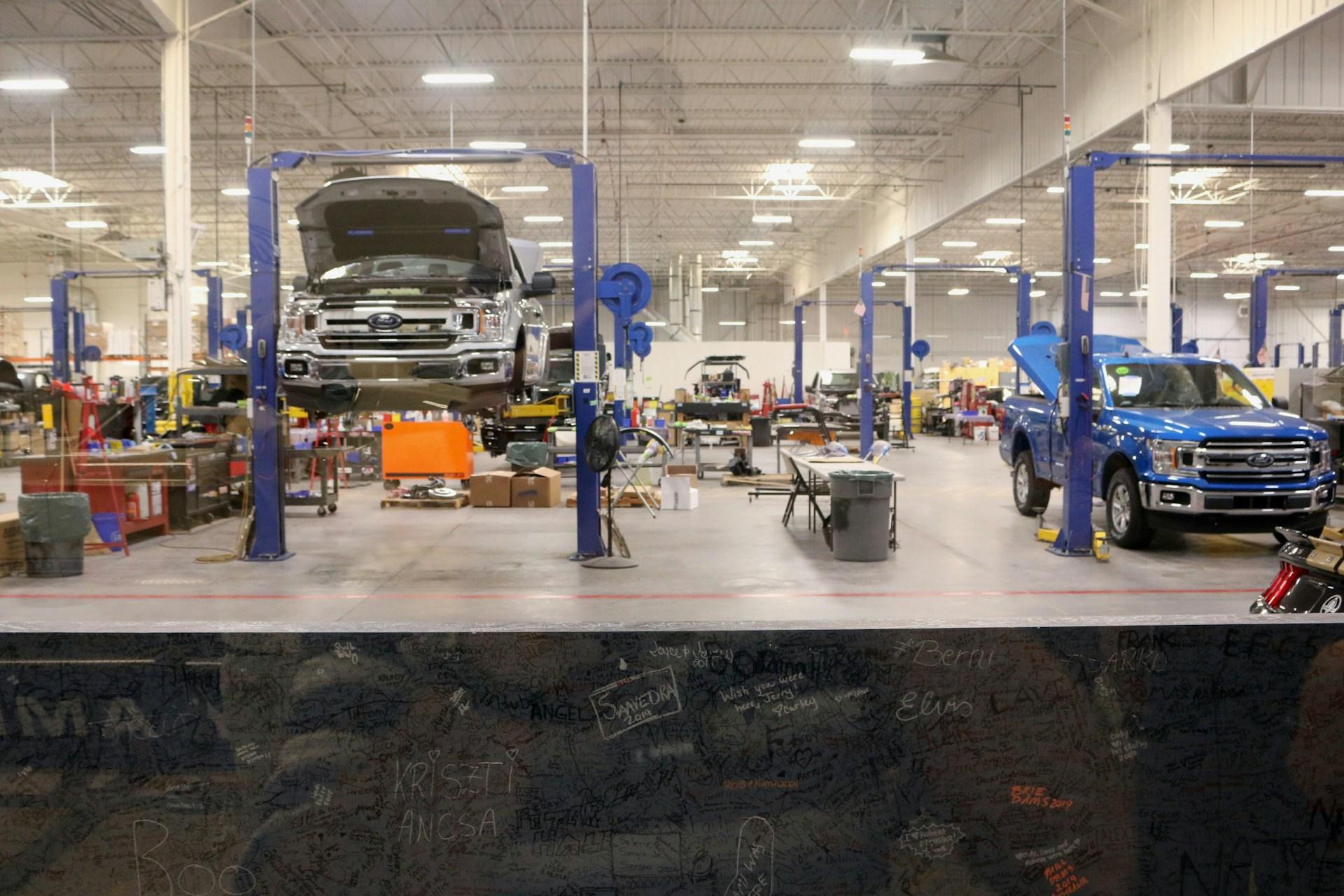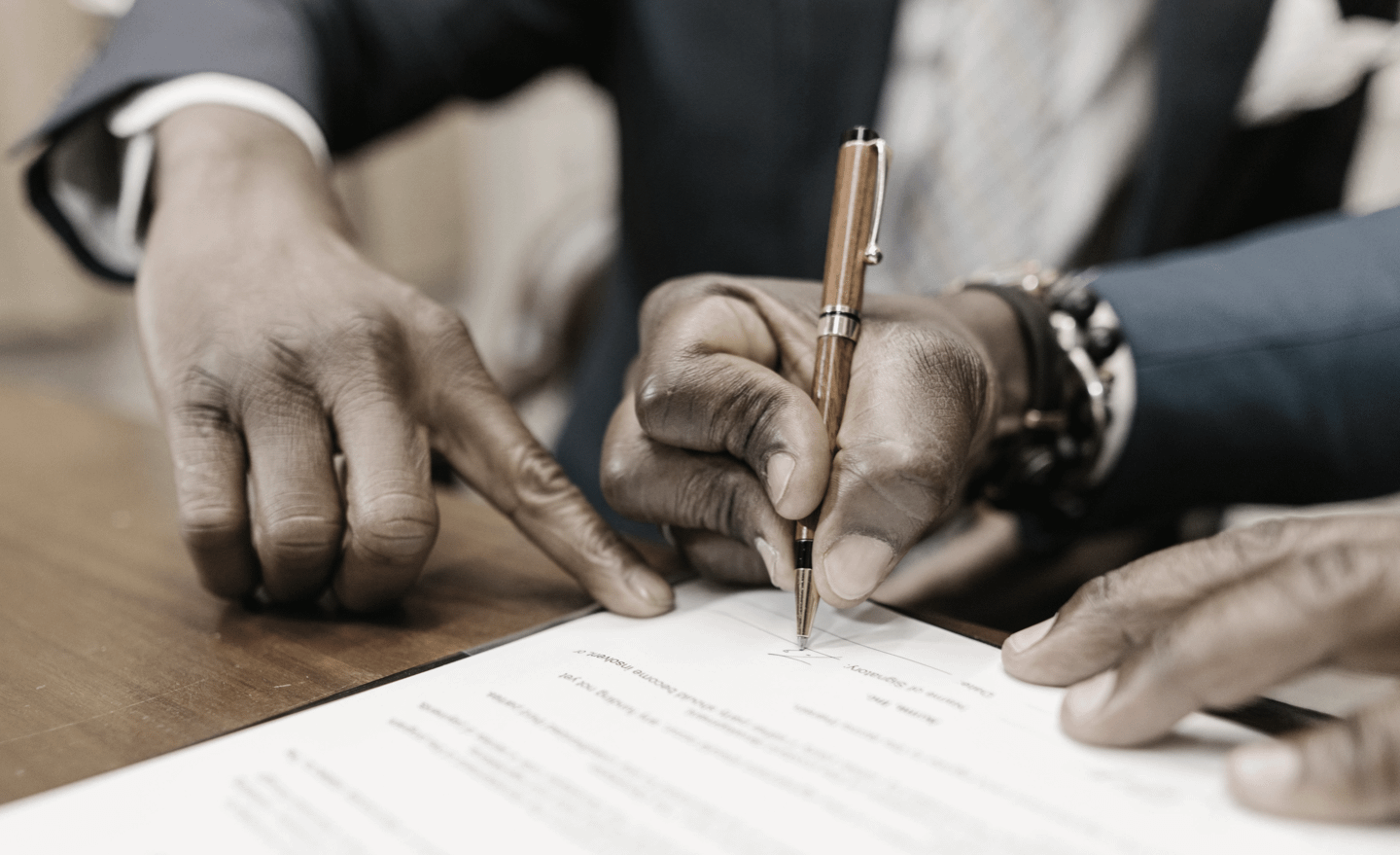Key Takeaways
- Product liability claims can involve defective auto parts, power and construction tools, industrial equipment, and fire safety systems.
- Even if a product was designed or manufactured in another country, it may still be possible to file a suit with the help of a product liability lawyer.
- Injured consumers in North Carolina have three years to file a claim from the time they were injured or discovered the injury.
Examples of products that may be named as causes of injury in a product liability claim or lawsuit include the following:
- Car parts, including brakes, tires, seat belts, airbags, transmissions, and accelerators
- Truck parts, including lights and towing rigs
- Motorcycle parts, including rear-view mirrors
- Bicycle parts, including wheels, brakes, and gears
- Boat parts, including engines and steering mechanisms
- Power tools
- Industrial equipment
- Construction-related tools and implements, including ladders, scaffolding, and straps for roofers
- Fire safety systems
Common Defects for Product Liability Claims
Product defects are not always immediately apparent in the aftermath of a serious accident. Through a detailed investigation, diligent investigators, detectives, and attorneys discover defects in equipment or consumer goods that caused accidents or worsened injuries. If our attorneys investigate your accidental injury, we will stay alert to the possibility of any of the following elements of product liability:
- Defective products
- Design defects
- Manufacturing defects
- Inadequate warnings or instructions
This is a compelling reason for discussing your car accident or workplace injury with an experienced lawyer before accepting a settlement that is less than sufficient to cover the costs of your injuries and losses. Charlotte product liability lawyers at Brown Moore & Associates, PLLC, welcome the opportunity to offer a preliminary case evaluation at no charge in a free initial consultation.
FAQs for Charlotte Product Liability Attorney
When purchasing a product, we have a reasonable expectation that this product is safe and free of any defects. However, as evident from an increasing number of product liability claims in North Carolina, not all manufacturers comply with safety standards.
If you encountered a defective or inherently hazardous product in Charlotte or elsewhere in North Carolina, you are probably wondering how our state laws govern this type of claim.
You can receive a free consultation with our Charlotte product liability attorney from Brown Moore & Associates, PLLC, to get answers to all your questions. Here is a brief overview of the most frequently asked questions about product liability law in North Carolina.
Does the ‘Economic Loss Rule’ Exist in North Carolina Law?
Yes, it does. The so-called “economic loss rule” prevents an injured consumer from recovering damages when these damages are not accompanied by personal injury or physical property damage. In other words, a consumer is typically barred from filing a product liability claim if the only damage sustained is damage to the product.
Do North Carolina Courts Recognize Strict Liability in Product Liability Cases?
No. While most other states apply “strict liability” to product liability cases, North Carolina is one of the states that do not recognize this rule in tort law.
In our state, product liability cases are governed by North Carolina’s Chapter 99B, which is based on principles of negligence.
Can Distributors or Retailers Be Held Accountable for Consumers’ Injuries?
Depending on the nature of the product liability case, they can. If a distributor or retailer was not involved with the manufacturing process or design of the product and the product was in a sealed container while in the distributor’s or retailer’s possession, these parties are typically excluded from liability.
That is known as the “sealed container defense” and applies only to product liability cases subject to North Carolina law.
What to Do if the Product Was Designed or Manufactured in a Foreign Country?
Many injured consumers face a situation when they are not able to recover damages simply because the defective product is not subject to the jurisdiction of U.S. federal and state courts.
If a product that caused your injury was designed or manufactured in a foreign country, you might be able to sue the manufacturer through international courts or sue the U.S. importer of the defective product in domestic courts. A knowledgeable Charlotte product liability lawyer can help you in both situations.
What is the Statute of Limitations for North Carolina Product Liability Cases?
In North Carolina, if an injured consumer fails to bring a product liability claim within three years from the date the consumer knew or should have known about the injury, he or she loses the right to recover compensation.
What is the Statute of Repose in North Carolina’s Product Liability Cases?
North Carolina’s statute of repose applicable to product liability claims bars claims that are filed more than 12 years after the product was purchased for use. Before the state modified its statute of repose, the repose period was only six years.
Can a Remote End-User File a Breach of Warranty Claim?
Under North Carolina law, an end-user has the right to bring a breach of warranty claim even if there is no privity between that user and the manufacturer of the product. In our state, the lack of privity of contract is not a defense applicable to product liability claims.
If you have more questions regarding North Carolina’s state laws, talk to our Charlotte product liability attorney from Brown Moore & Associates, PLLC. Order a free consultation by calling at 704-335-1500 (local) or 800-948-0577 (toll-free).







